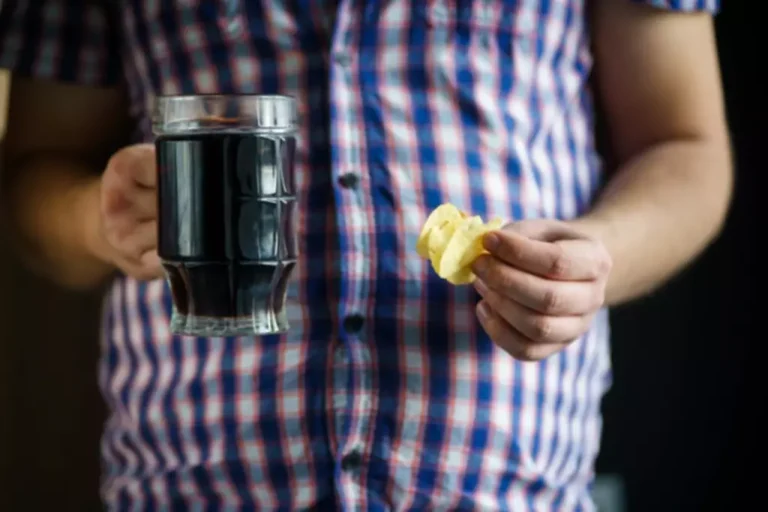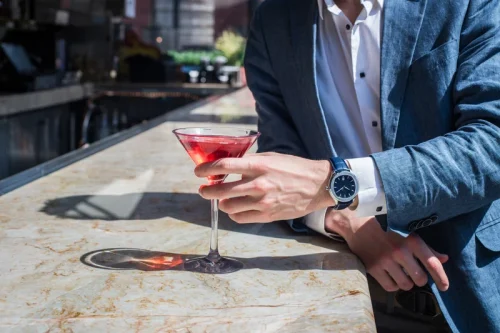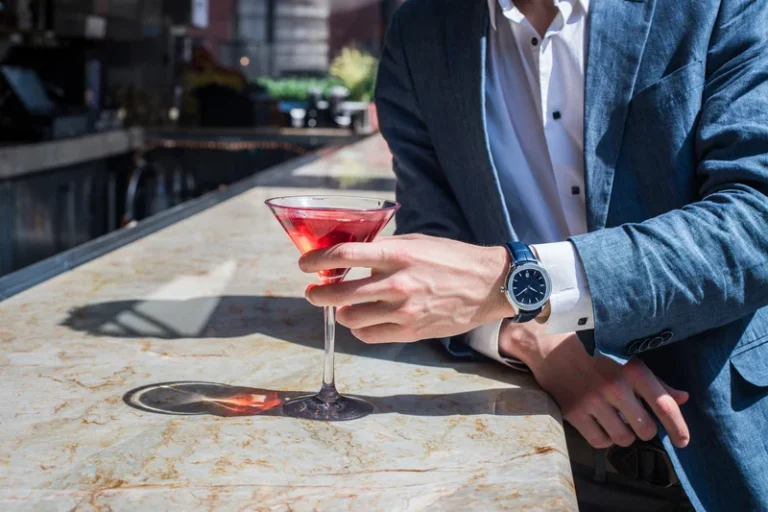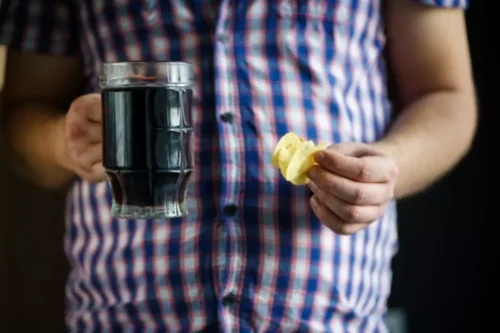
Additionally, chronic alcohol consumption changes the balance of chemicals in your brain. The brain adapts to the sedative effects of alcohol by producing more of the excitatory neurotransmitter glutamate and less of the inhibitory neurotransmitter GABA. This means when you suddenly stop drinking, the brain is left in a hyper-excitable state, leading to withdrawal symptoms and cravings. Alcohol cravings are strong urges to consume alcohol, often triggered by situations, emotions, or environmental cues. They are common among people struggling with alcohol misuse or alcohol use disorder (AUD).

Overactive Bladder Treatment

“It’s definitely more common as you age, but it’s not normal,” she says. If you feel like you are urinating too frequently — or if you’re always thinking about where the nearest bathroom Twelve-step program is — you should talk to your doctor about potential causes, Braxton says. Sunnyside uses a psychology-based approach to help you drink more mindfully, no matter what your goal is. You’ll get a 100% custom plan, then daily texts to track your progress and help you stay on target. If you identify with any of the scenarios above, try the expert tips below for reducing your alcohol consumption (or even eliminating it altogether). You’ll get a 100% custom plan, then use daily texts to track your progress and help you stay on target.

Quick craving-busting strategy to the rescue!
When you understand what your loved one is going through, it’s easier to support them. Managing alcohol cravings becomes more achievable when you understand your triggers and have some effective coping strategies ready to use. You should seek medical advice if frequent urination affects your quality of life, restricts your daily activities, limits your social interactions, or when severe symptoms accompany it. While it’s difficult to completely stop the urge to drink, there are several strategies to manage and mitigate these cravings. Moreover, maintaining a balanced diet high in protein, complex carbohydrates, and healthy fats can help regulate blood sugar levels.
Alcohol Cravings Tip #2: Build a Support System
- This might involve learning stress management techniques, finding new ways to socialize without alcohol, or developing healthier sleep habits.
- Before considering these options, it’s essential to discuss with a healthcare professional who can provide guidance on potential risks, benefits, and monitoring.
- The site also delivers a list of sobering statistics about the reality of alcoholism.
Still, there may also be psychological issues due to underlying mental health issues contributing to the desire for alcohol such as the need to help with anxiety, stress, and depression. However, for whatever reason, the time may come for someone to decide to quit drinking and tell themselves they can cut back and handle the urges to drink by stopping drinking and going cold turkey. A critical component of stopping alcohol cravings is self-care. Many of us might picture luxurious spa days or meditation retreats when we hear that, but self-care is pretty simple. It includes anything that promotes physical and emotional well-being, such as exercise, healthy eating, and getting enough sleep.
Avoid tempting situations.

Your doctor may be able to recommend medications, supplements, or therapy to alleviate your symptoms. Many people turn to alcohol to remedy their anger, tension, or frustration. Research has shown that alcohol and stress share a bidirectional relationship, where stress increases drinking, and drinking also increases stress 3. Having an action plan and goal in mind sets up a mental barrier that may help to curb your drinking.
- It’s available as a pill (generic) and as a once-monthly injection (Vivitrol) given in a physician’s office.
- Do you buy a bottle of wine on the way home from work, or have a couple of beers with the boys after a hard day, maybe a few sips of sherry while cooking, or drink a vodka or two while watching TV?
- Understanding these cues can help a person predict them, prepare for them, and act against many of them.
They involve consciously vocalizing positive statements to oneself, reaffirming an individual’s ability to cope with cravings and to maintain control over their actions. Distraction techniques focus on shifting one’s attention away from cravings. This can range from engaging in physical activities, such as jogging or swimming, to intellectual stimulants like reading or solving puzzles. These actions aim to disrupt the obsession with cravings, giving the mind a break and helping maintain recovery efforts. Most smokers report that one reason they smoke is to handle stress. Smoking cigarettes causes temporary how to stop the urge to drink changes in your brain chemistry that can cause you to experience decreased anxiety, enhanced pleasure, and alert relaxation.
- Healthcare providers can help identify or rule out any underlying causes and recommend the best treatment.
- You might also experience vivid dreams about drinking in the initial stages of sobriety.
- At Compassion Behavioral Health, we understand that addiction is multifaceted.
- If you feel like you’re about to have one, this article shares 10 ways to distract yourself until the urge passes.

